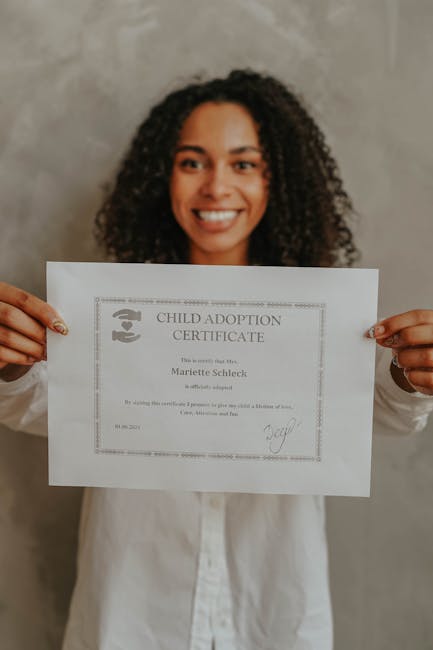 Pain Relief in the Magic City: The Best Pain Treatment Options in Miami
Pain Relief in the Magic City: The Best Pain Treatment Options in Miami
Pain is a universal human experience, and it can be debilitating and frustrating. Whether you’re dealing with chronic pain, acute pain, or post-operative pain, finding the right treatment can be a challenge. Miami, with its vibrant healthcare scene and cutting-edge medical facilities, offers a wide range of pain treatment options. In this article, we’ll explore the best pain treatment options in Miami, helping you find relief from your discomfort.
1. Interdisciplinary Pain Management
Miami’s top pain management centers offer interdisciplinary approaches to treating pain. This means that a team of healthcare professionals, including pain management specialists, physical therapists, psychologists, and nurses, work together to develop a personalized treatment plan tailored to your specific needs. This comprehensive approach addresses the physical, emotional, and psychological aspects of pain, leading to more effective and sustainable relief.
2. Minimally Invasive Procedures
Minimally invasive procedures are a popular choice for pain treatment in Miami. These procedures, such as radiofrequency ablation, spinal cord stimulation, and nerve blocks, use advanced technology to target specific pain-causing structures without the need for major surgery. Minimally invasive procedures are often less painful, have shorter recovery times, and are associated with fewer complications compared to traditional surgical methods.
3. Physical Therapy and Rehabilitation
Physical therapy and rehabilitation play a crucial role in pain management. A physical therapist can help you develop a customized exercise program to strengthen your muscles, improve your flexibility, and enhance your overall physical function. This can be especially beneficial for individuals with chronic pain, as it helps to reduce pain intensity and improve overall quality of life.
4. Acupuncture and Alternative Therapies
Acupuncture and alternative therapies are gaining popularity as pain treatment options in Miami. Acupuncture involves the insertion of thin needles into specific points on the body to stimulate healing and reduce pain. Other alternative therapies, such as massage, yoga, and meditation, can also help to reduce pain and improve overall well-being.
5. Medication Management
Medication management is a crucial aspect of pain treatment in Miami. A pain management specialist can help you develop a personalized medication plan, taking into account your medical history, lifestyle, and treatment goals. This may include prescription medications, over-the-counter pain relievers, or natural supplements.
6. Spinal Cord Stimulation
Spinal cord stimulation is a minimally invasive procedure that involves the implantation of a small device that sends electrical impulses to the spinal cord. This can help to reduce pain by interrupting pain signals to the brain. Spinal cord stimulation is often used to treat chronic pain, particularly in individuals with failed back surgery syndrome.
7. Radiofrequency Ablation
Radiofrequency ablation is a minimally invasive procedure that uses heat to destroy pain-causing nerves. This procedure is often used to treat chronic pain, particularly in the neck, back, and joints. Radiofrequency ablation can provide long-lasting pain relief, often for several months or even years.
8. Nerve Blocks
Nerve blocks are a type of minimally invasive procedure that involves the injection of medication or other substances into the affected nerves. This can help to reduce pain by blocking the transmission of pain signals to the brain. Nerve blocks can be used to treat a variety of pain conditions, including chronic pain, post-operative pain, and migraines.
9. Stem Cell Therapy
Stem cell therapy is a relatively new pain treatment option in Miami. This involves the injection of stem cells into the affected area to promote healing and reduce pain. Stem cell therapy has shown promise in treating chronic pain, particularly in individuals with degenerative joint disease or osteoarthritis.
10. Pain Psychology
Pain psychology is an essential aspect of pain treatment in Miami. A pain psychologist can help you develop coping strategies, manage stress, and improve your overall mental well-being. This can be especially beneficial for individuals with chronic pain, as it helps to reduce pain intensity and improve overall quality of life.
Conclusion
Finding the right pain treatment option in Miami can be overwhelming, but by understanding the various approaches and options available, you can take control of your pain management. From interdisciplinary pain management to minimally invasive procedures, physical therapy and rehabilitation, acupuncture and alternative therapies, medication management, spinal cord stimulation, radiofrequency ablation, nerve blocks, stem cell therapy, and pain psychology, there are many effective ways to find relief from your discomfort. By working with a qualified pain management specialist, you can develop a personalized treatment plan that addresses your unique needs and helps you achieve optimal pain relief.
Finding Parallels Between and Life
Learning The “Secrets” of
 Paving Company: Your Guide to Exceptional Paving Solutions
Paving Company: Your Guide to Exceptional Paving Solutions
 The Ultimate Guide to Choosing Professional Cleaning Services in the Greater Toronto Area
The Ultimate Guide to Choosing Professional Cleaning Services in the Greater Toronto Area
 Understanding ISO 9001 Quality Certification
Understanding ISO 9001 Quality Certification Understanding the Trucking Industry: Insights into Trucking Companies
Understanding the Trucking Industry: Insights into Trucking Companies